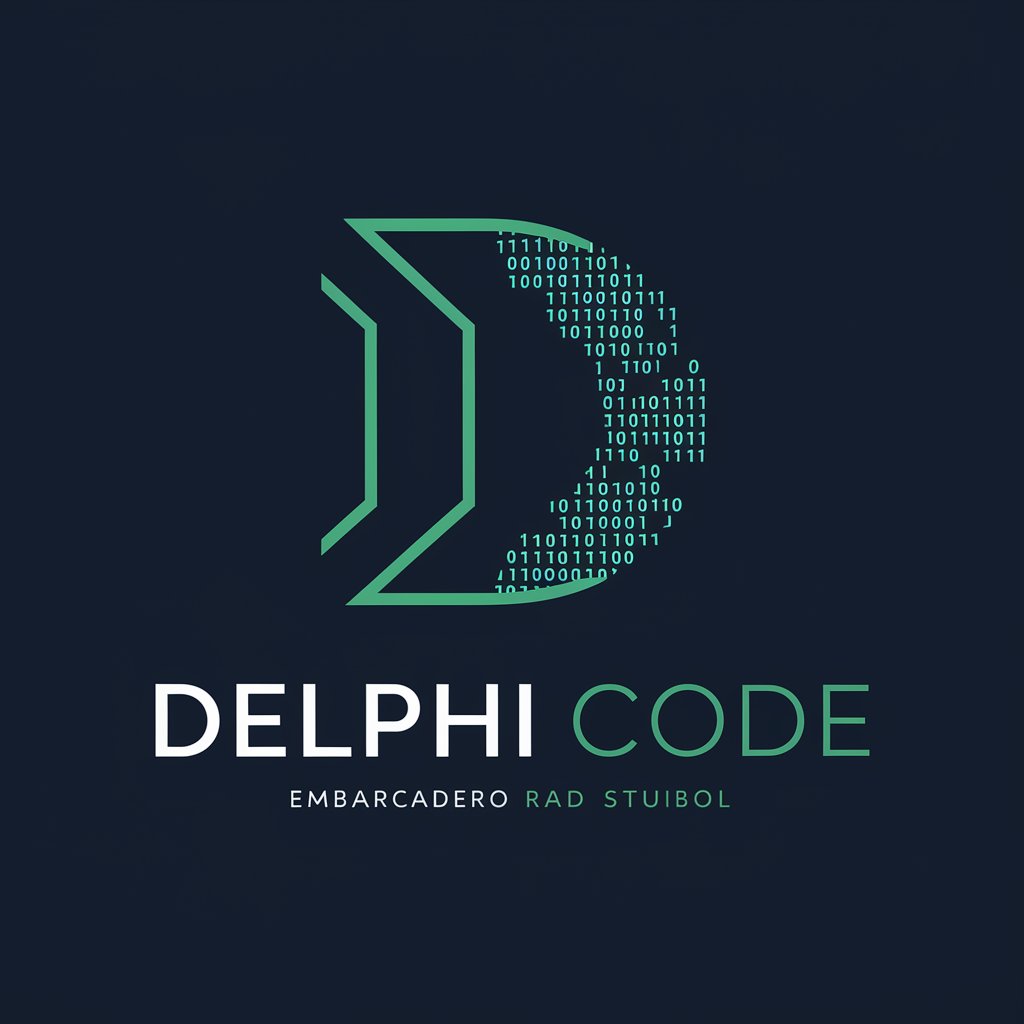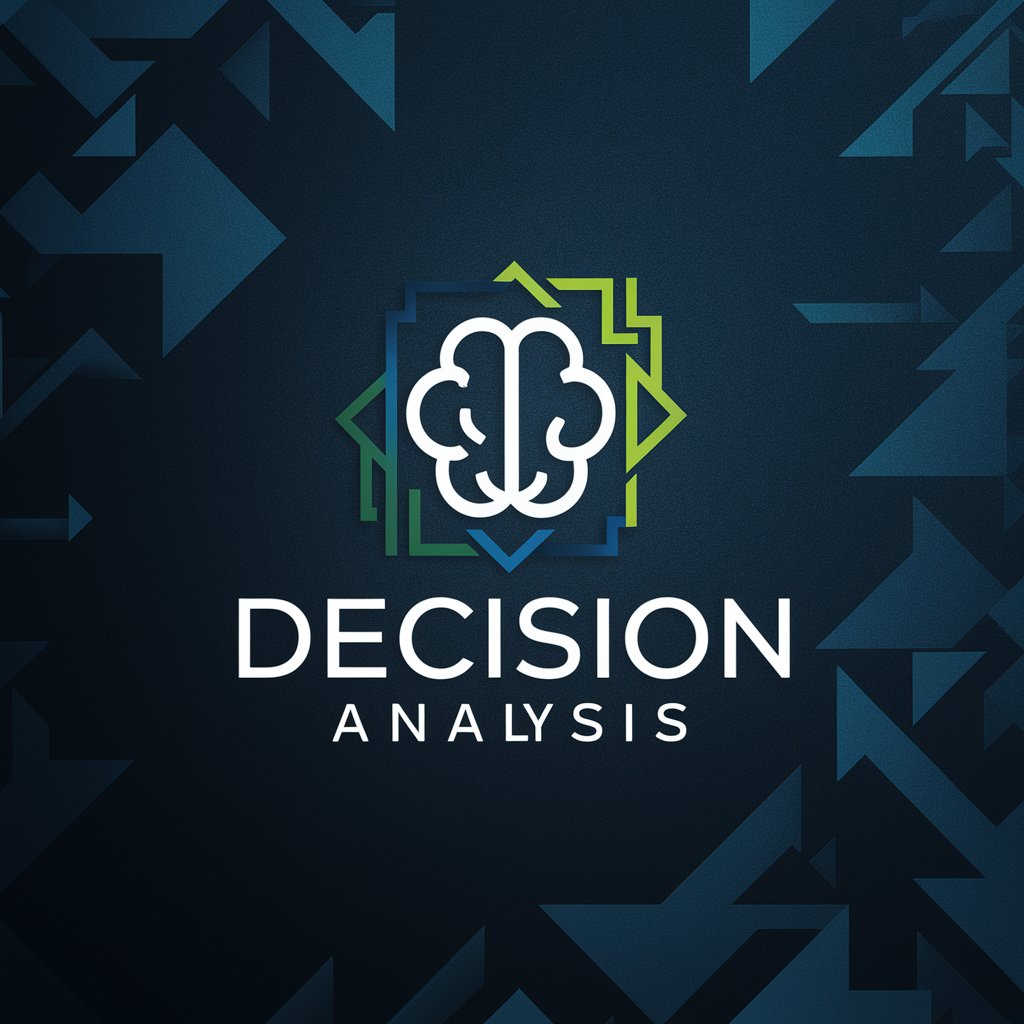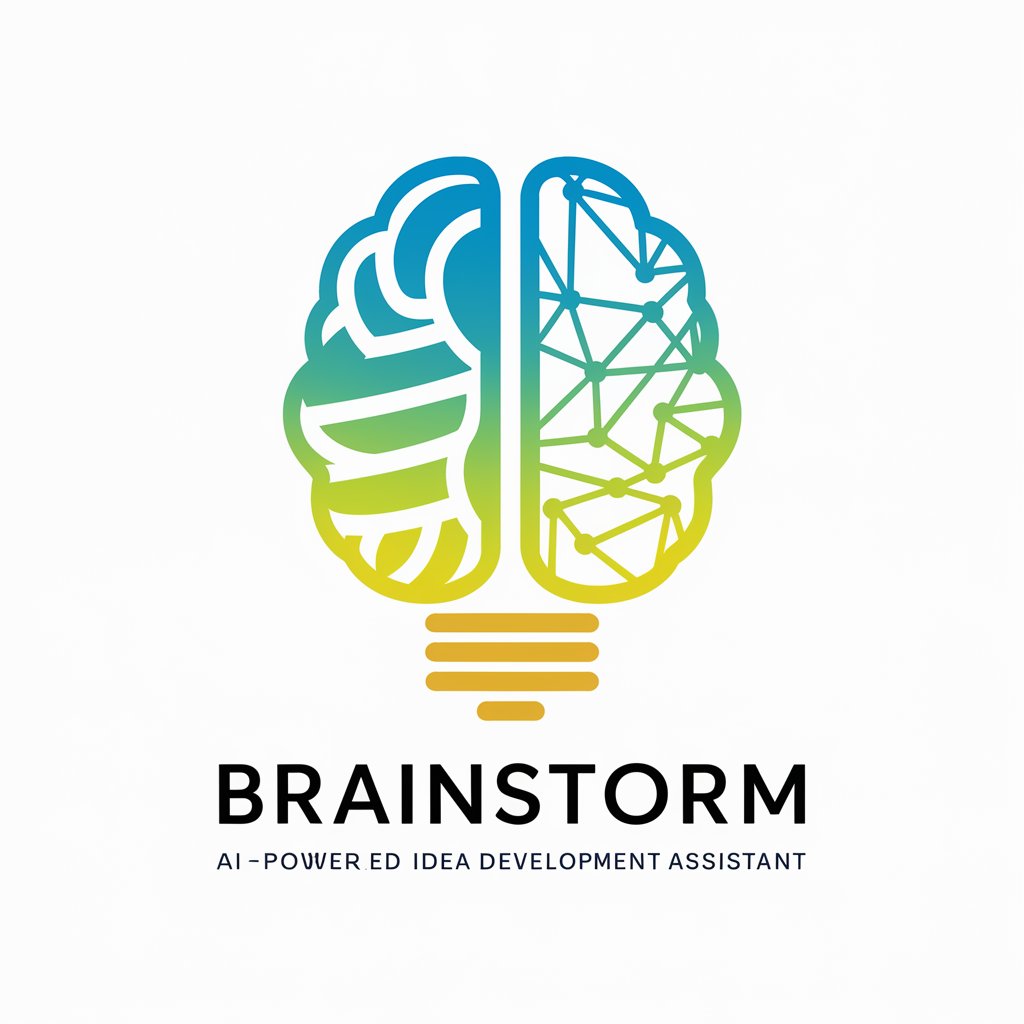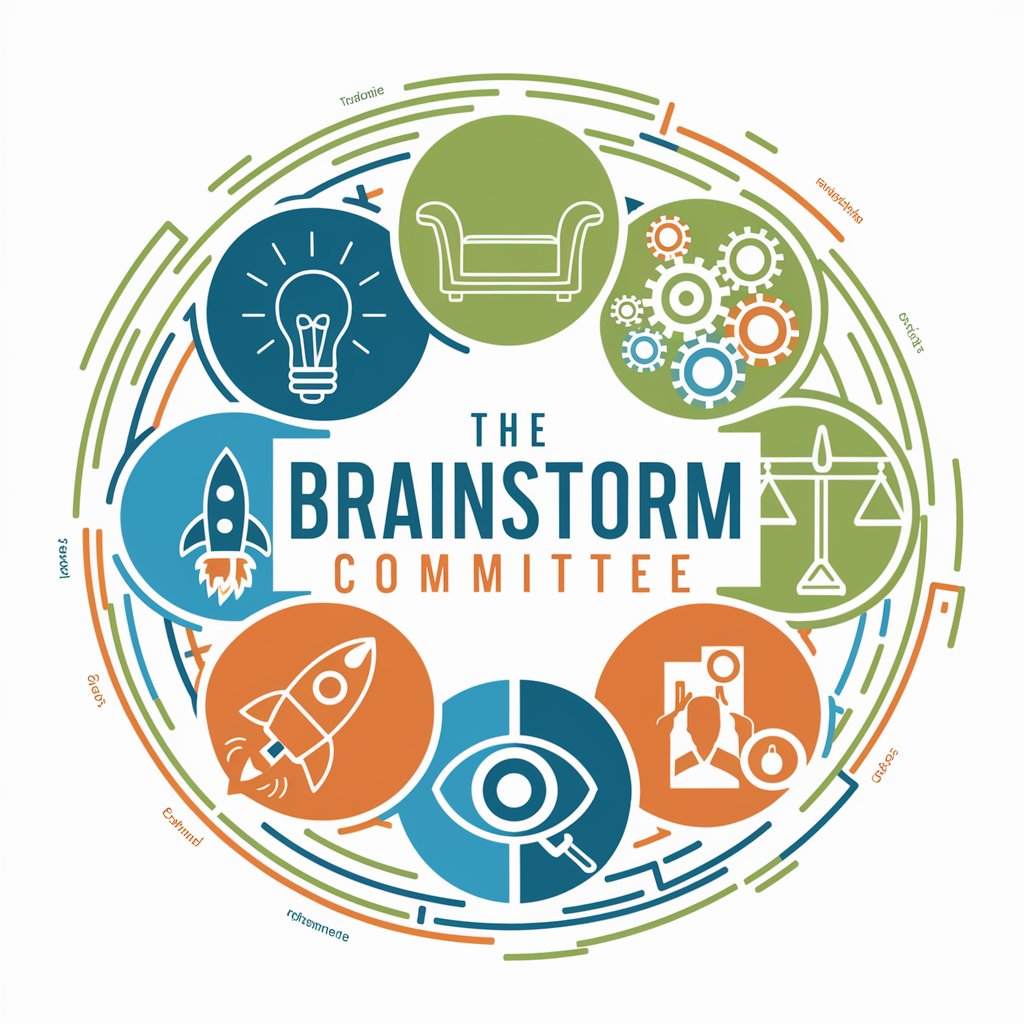
Delphi Technique - Structured Consensus Building
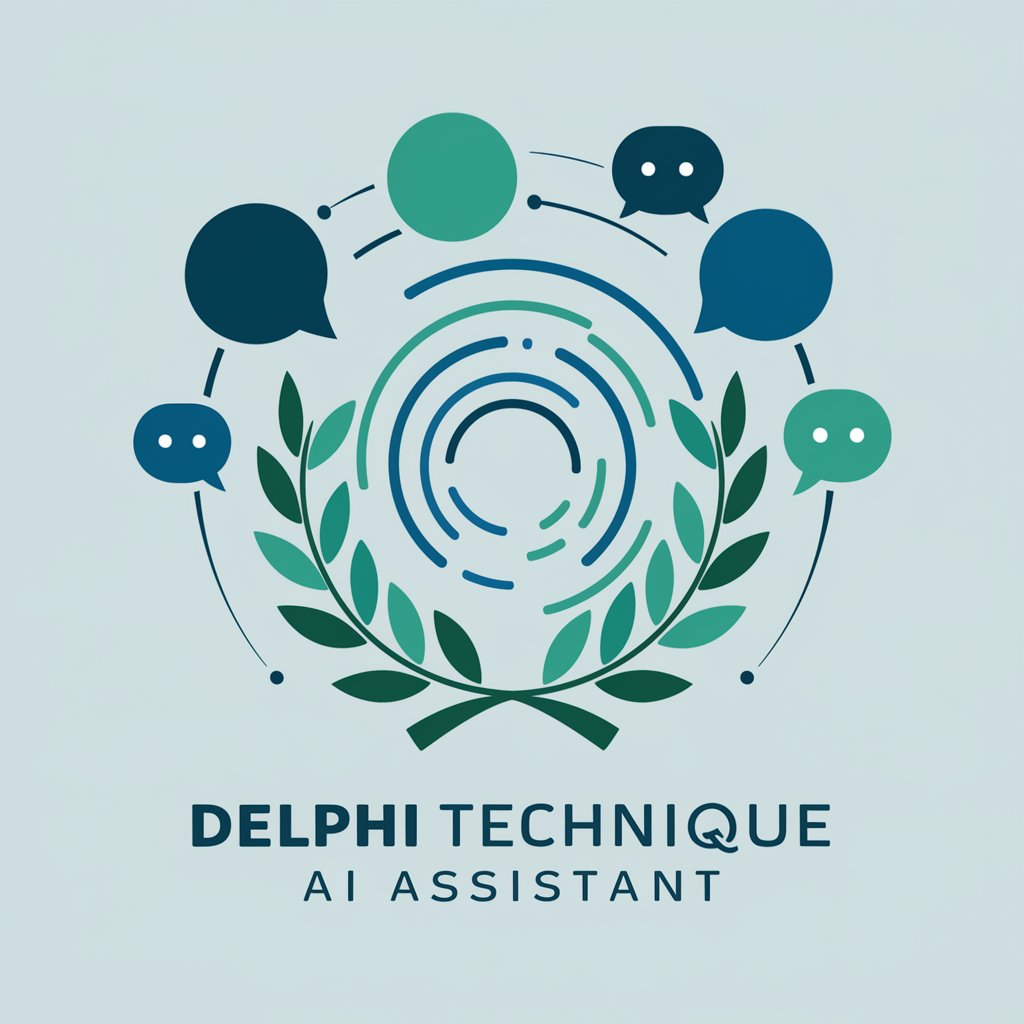
Welcome! Ready to build consensus through the Delphi Technique?
Harness collective intelligence with AI-driven insights.
What are the key factors influencing...
How can we improve our approach to...
What challenges do you foresee in...
What strategies could we employ to...
Get Embed Code
Delphi Technique: An Overview
The Delphi Technique is a structured communication method originally developed as a systematic, interactive forecasting method which relies on a panel of experts. The experts answer questionnaires in two or more rounds. After each round, a facilitator provides an anonymous summary of the experts' forecasts from the previous round as well as the reasons they provided for their judgments. Thus, experts are encouraged to revise their earlier answers in light of the replies of other members of their panel. It is often used in scenarios requiring decision-making or forecasting, where a collective opinion or consensus is sought without the influence of group dynamics or dominant individuals. For example, it can be applied in environmental policy planning, where diverse expert opinions are essential for comprehensive understanding, or in technology forecasting, where future trends and impacts need to be anticipated with a degree of accuracy. Powered by ChatGPT-4o。

Core Functions and Applications of the Delphi Technique
Iterative Feedback
Example
In urban planning, the Delphi Technique is used to gather and refine expert opinions on sustainable development strategies.
Scenario
Experts provide initial opinions on development strategies. After reviewing summaries of other experts' views, they refine their opinions, leading to a more unified approach to sustainability.
Anonymity in Responses
Example
In healthcare policy, it helps in collecting unbiased opinions on sensitive topics like mental health reform.
Scenario
Experts share their views anonymously, ensuring that their opinions are not influenced by the reputation or authority of other participants, leading to more honest and diverse inputs.
Consensus Building
Example
Used in academic research to achieve consensus on the ethical implications of artificial intelligence.
Scenario
Through multiple rounds of questionnaires, researchers identify common ground and concerns regarding AI ethics, eventually agreeing on key principles for ethical AI development.
Ideal Users of the Delphi Technique
Policy Makers
Policy makers utilize the Delphi Technique for gathering expert insights on complex issues like climate change policy, where diverse and specialized knowledge is crucial for informed decision-making.
Researchers and Academics
Researchers use the Delphi Technique for academic studies requiring expert consensus, such as identifying the impact of technology on society, where collective expert judgment can guide future research directions.
Business Strategists
Business strategists apply the Delphi Technique for long-term planning and forecasting, especially in industries experiencing rapid change like tech and healthcare, to inform strategy with expert predictive insights.

Guidelines for Using the Delphi Technique
Start Your Journey
Begin by accessing a trial at yeschat.ai, which requires no login or ChatGPT Plus subscription, offering a straightforward entry point.
Understand the Basics
Familiarize yourself with the Delphi Technique, a structured communication method used for systematic, interactive forecasting by a panel of experts.
Identify Your Panel
Select a diverse group of experts or stakeholders who will provide varied perspectives on the topic of interest.
Craft Initial Questions
Develop a set of clear, open-ended questions that aim to gather comprehensive insights on the issue from your panel.
Iterate and Refine
Conduct multiple rounds of questionnaires, refining and deepening the questions based on the previous rounds' feedback to build consensus.
Try other advanced and practical GPTs
CTI BOT
Empowering Cybersecurity with AI
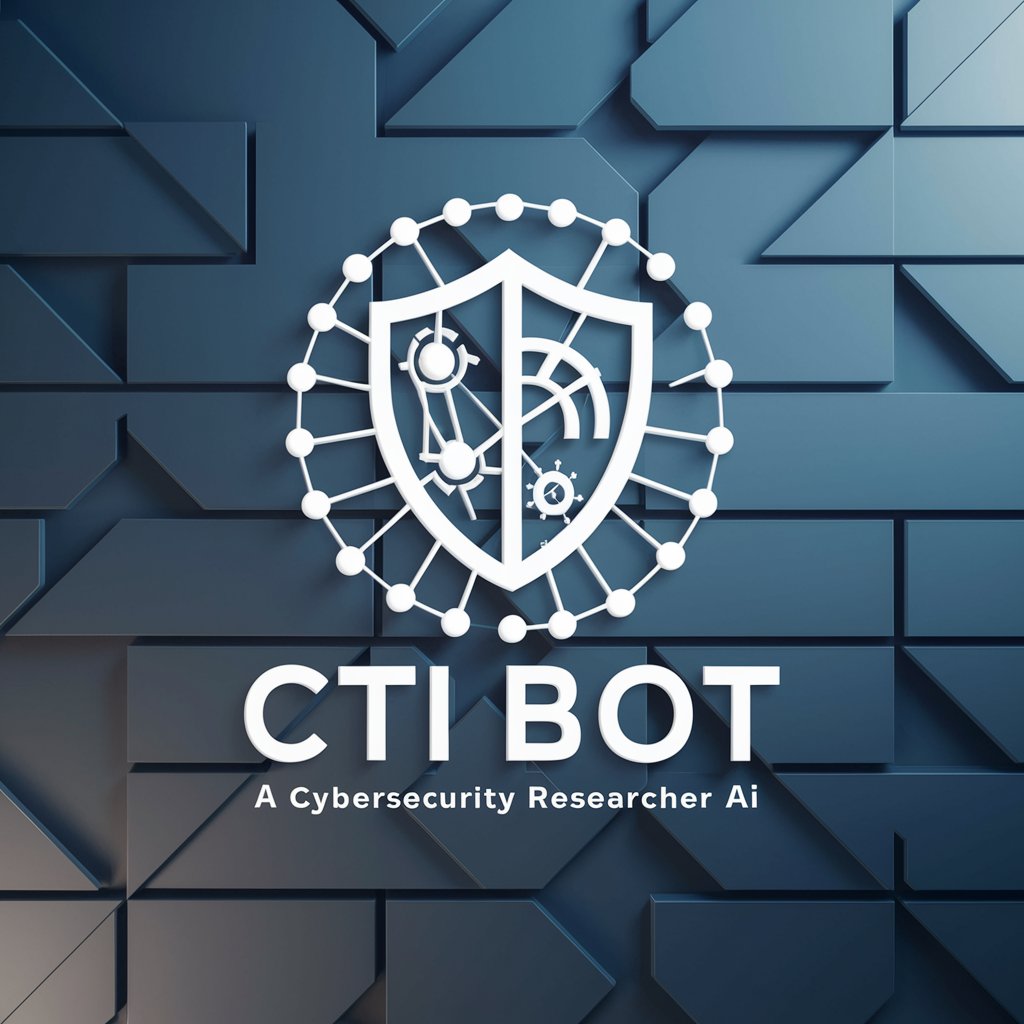
SentinelBOT
Empowering Cyber Defense with AI
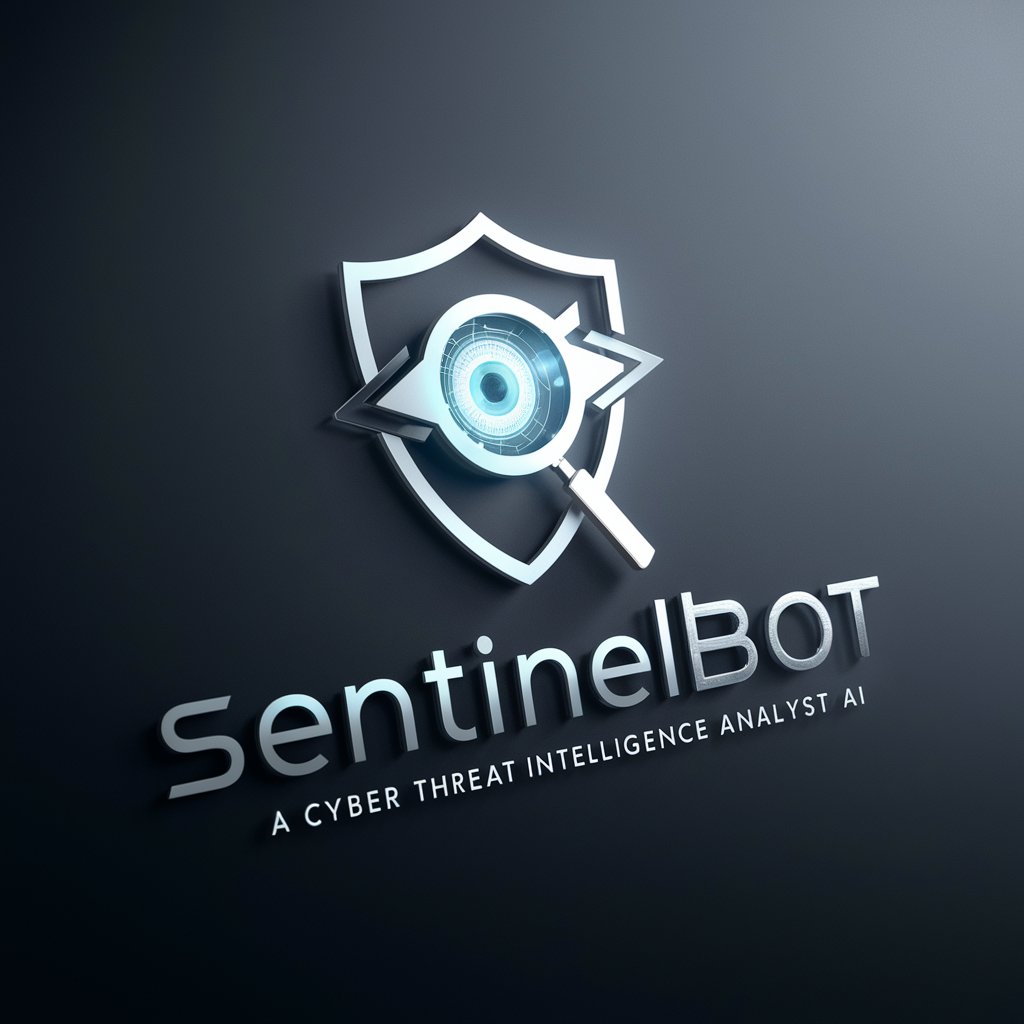
We Help
Enhancing mental well-being with AI

1111
Transforming Data into Insights with AI

Survey Analyzer GPT
Empowering Insights with AI Analysis
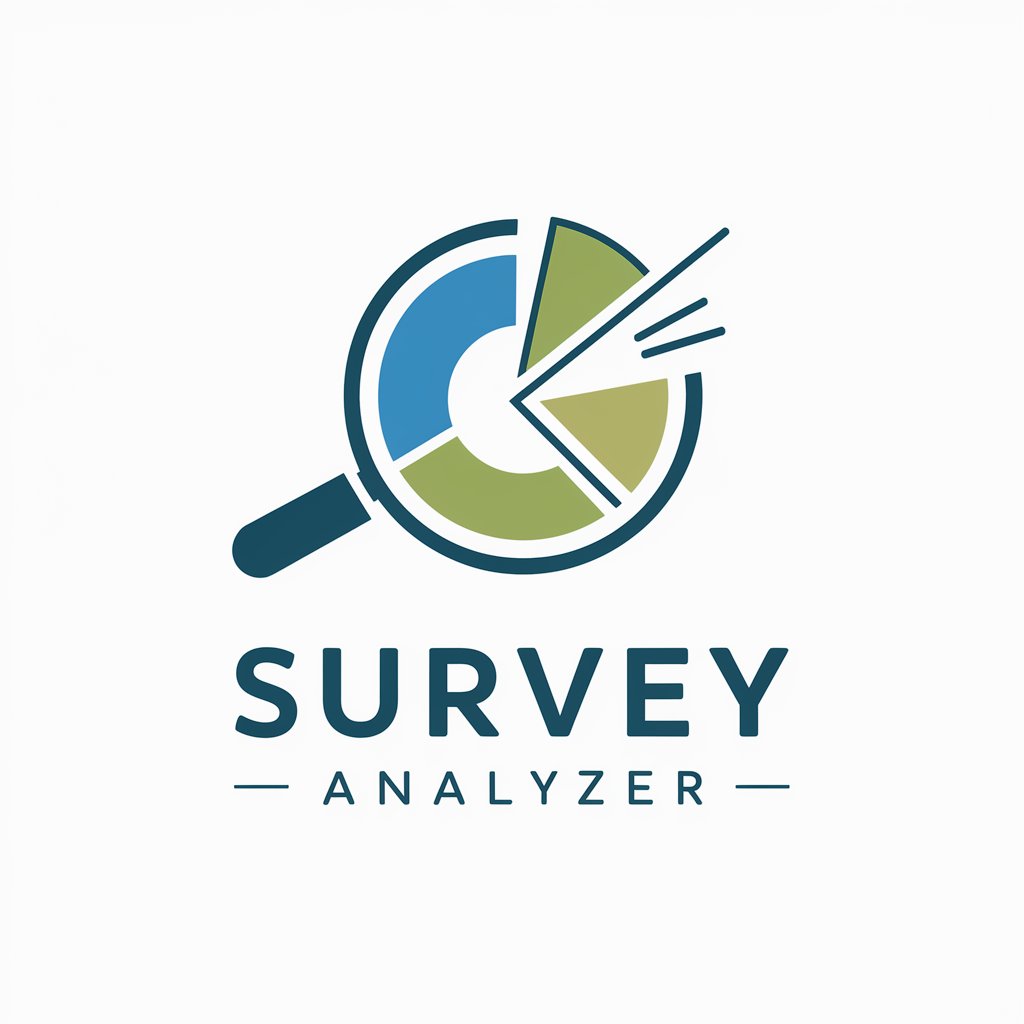
Mentor Negócios do Milênio
Empowering Business Innovation with AI

Query Insight
Unlocking Insights with AI-Powered SEO

Currency Insight EUR/USD
AI-powered Forex Trading Insights for EUR/USD

Visionary Insights and Forecasts
Forecasting Tomorrow, Powering Today.

Strategy Director
Empowering Your Brand with AI-Driven Insights

Mystic Sales Guide
Elevate Your Sales with AI-Powered Insights

Certification Guide
Empowering Career Growth with AI
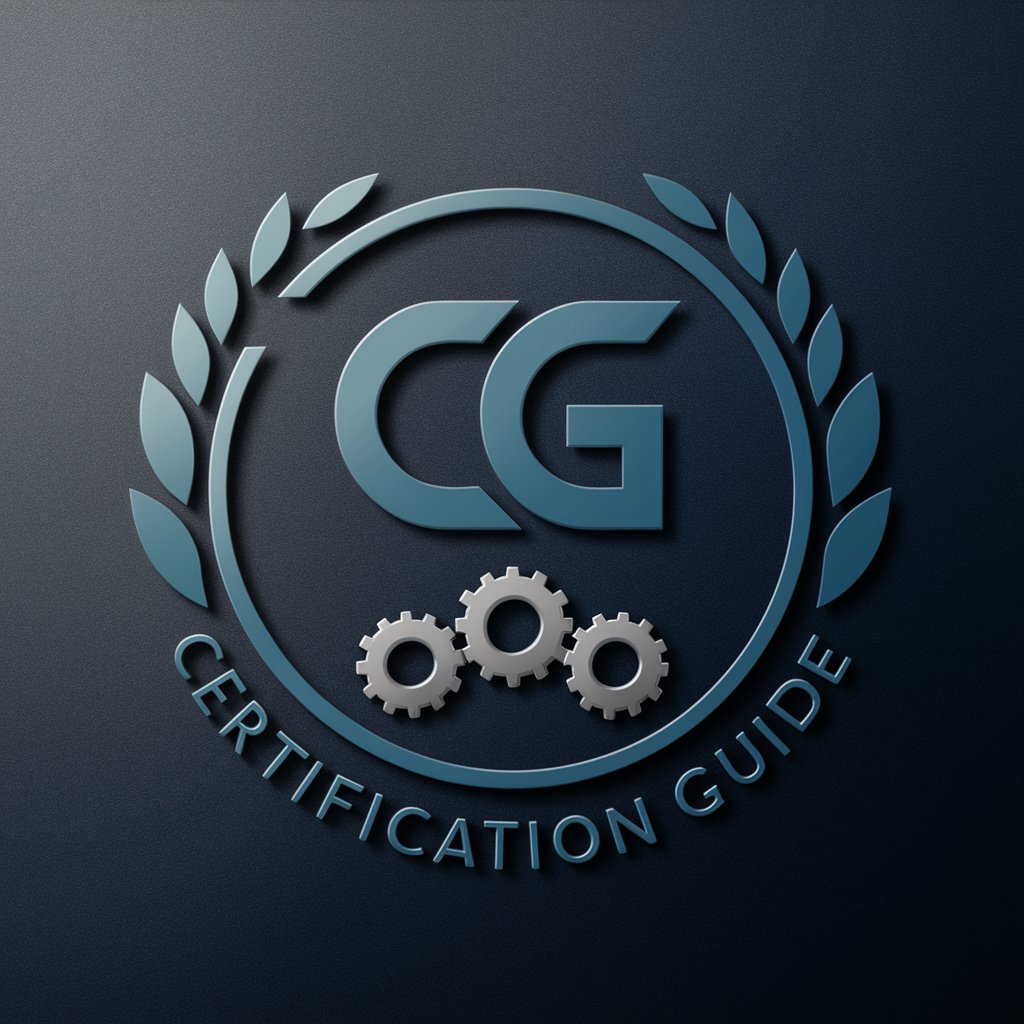
Delphi Technique FAQs
What is the Delphi Technique?
The Delphi Technique is a structured communication method utilized for collecting and distilling the knowledge of participants through a series of questionnaires, with feedback provided between rounds to refine opinions and achieve a consensus.
How many rounds are typically involved?
The number of rounds in a Delphi process can vary but usually involves 2-3 rounds. The process continues until a consensus is reached or diminishing returns are observed on additional insights.
Can the Delphi Technique be used remotely?
Yes, the Delphi Technique is well-suited for remote participation, as it relies on written communication and can be conducted via online survey tools or email, allowing experts from various locations to contribute.
What fields can benefit from the Delphi Technique?
It's versatile and can be applied in numerous fields, including but not limited to healthcare, education, technology forecasting, policy-making, and business strategy.
How do you ensure the quality of the consensus reached?
Quality is ensured by carefully selecting knowledgeable participants, designing clear and comprehensive questions, and facilitating iterative rounds of feedback and refinement to converge on a well-considered consensus.
